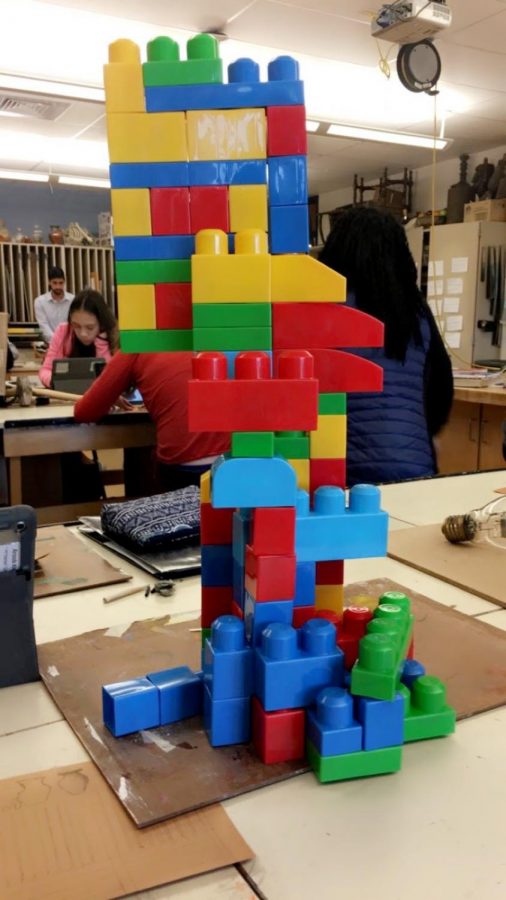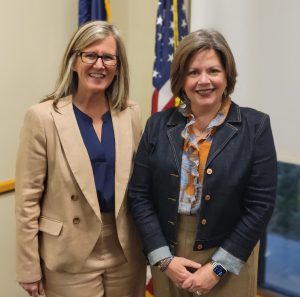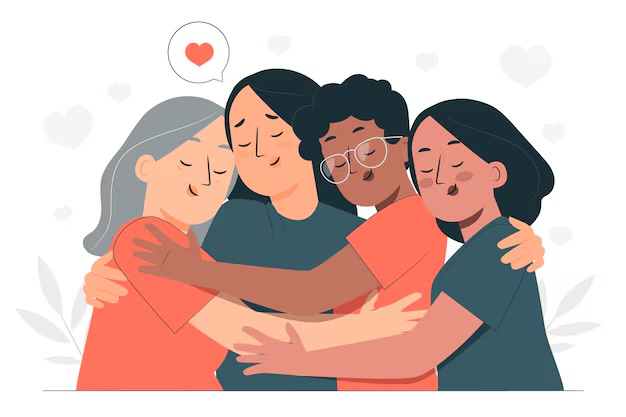Opinion: Education has become far too competitive. That needs to change
April 8, 2021
K-12 education has evolved from a structured environment used to prepare students for life after high school to a competition between classmates on who ends the year with the highest grade point average. This competition devalues the real purpose for education—learning. Instead, the competitive environment instills a mindset in young adolescents that encourages them to put grades above knowledge.
Throughout a student’s educational career one question constantly arises: “When will I use this in the real world?” From learning algebra to chemical equilibrium, students struggle to grasp how these concepts will be useful to them once they leave high school. Rather than spending time to understand complex topics, some students stay up into the early hours the night before a test hoping that they’ll at least pass with a B. Habits like cramming aren’t uncommon among many high school and middle school students, especially those taking AP and IB courses.
Education has grown past its ability to teach students information they’ll be able to recall after they’ve completed the course. Instead, students are competing with each other to achieve a grade they deem most sufficient—an A. Not only do these grades bring pride and joy , some students are led to believe that having good grades equates to success after high school, which is not always the case. Success shouldn’t be based on a letter marker printed on a report card. Instead students should be evaluated based on their cognitive learning skills.
Cognitive learning focuses on helping students maximize the use of their brains through 9 cognitive skills: problem solving, creating thinking, idea evaluation, planning, forecasting, constraint analysis and cause/goal analysis. These skills teach students to connect newly learned knowledge to past experiences–leading them to fall back on these skills years into the future.
Through cognitive learning, students can take the information they’ve learned in the classroom and apply it to their everyday lives. One component of cognitive learning is using hands on examples and experiences to teach, such as field trips and more visual learning. This improves the ability to retain information because humans can link emotions and feelings to memory. So by teaching students through experiential learning that they can connect to, teachers are enabling them to be able to hold on to the emotions felt in the classroom and use their memory to link their emotions to their gained knowledge.
Emotions are an important part of letting students retain information that they have learned in the classroom and apply to their lives beyond high school. A hope that arises from cognitive learning is that students will no longer have the need to cram for hours the night before a test. Cramming for tests is a strategy that only benefits short-term memorization because once the test is finished, students will forget most of the information that they learned.
Teens spend too much time stressing over tests and grades. It has been ingrained into their minds by fellow teachers and peers that the only way to succeed is to achieve an A in their classes. This pressure on students to get good grades can lead to an increase in anxiety, depression and ADHD, for many teachers and parents view poor grades as “not caring”. When in reality, students aren’t remembering and comprehending concepts learned in the classroom.
In the classroom, failure is looked at in a negative light instead of something that students can learn and grow from. This leaves students feeling like they need to push themselves over the edge to achieve success in the classroom, especially for students taking more higher level classes than they can handle.
There is a strong emphasis on AP and IB classes at Manheim Township. While Township has a phenomenal IB program and amazing AP teachers, students will overload their schedules with AP and IB classes that are too overwhelming for them because of the stigma that CP classes don’t provide students with as good of an educational experience. When in reality, most CP classes are just taught at a much slower pace than Honors, AP and IB classes. AP and IB courses are great for students who want to attend college after high school, but students can also burn out by the end of the year because of their workload.
Students’ schedules should be created based on what they personally can handle, not what society deems is scholarly.
This is where cognitive learning can come into play. In AP and IB courses there is a strong emphasis on memorization. While this may be useful for the end of the year tests and college, it provides students with extra stress that can easily be avoided. Instead of providing vocabulary sheets to memorize, teachers should instill hands-on examples and lessons that get students out of their comfort zone. Not only will they be able to fall back onto these emotions and feelings, but school can then be viewed as a place of fun and excitement as opposed to stress and boredom.












